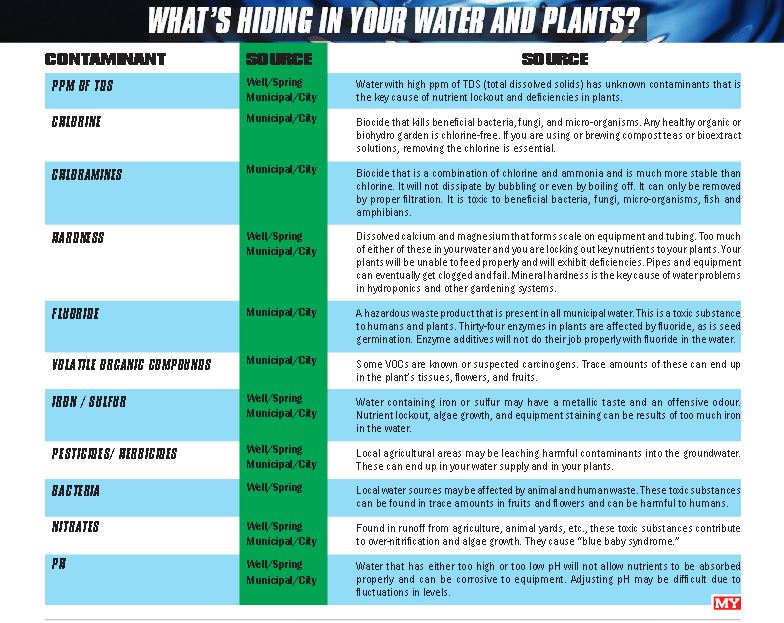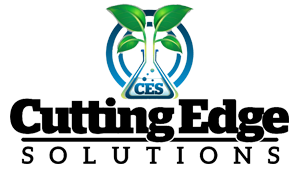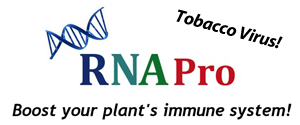
“Serious gardeners have long realized how important
pure water is to the success of their important crops.”
But what about more prized plants and fruits? What if you only want to give your plants the best ingredients? Most important, what if you were interested in pushing your plants to the max and achieving explosive growth? Serious gardeners have long realized how
important pure water is to the success of their important crops. After all, water is the root of hydroponics and, therefore, the most important component to a healthy garden. Water acts like a carrier and bathes your root zone with nutrients, additives, and promoters.
I f y o u l o o k a t t h e t o p n u t r i e n t manufacturer’s feed charts, you will notice a common theme. They all require using 0 ppm (parts per million) water as a starting base for the nutrient solution. Without this ultra-pure base, it is much more difficult to dial in the ppms of your formula while making sure you have the proper amounts of each component vital to healthy growth. When the feed chart says bring the nutrient solution to 1200 ppm and you are starting with water that is at 500 ppm, what do you do? It is hard to even guess what that 500 ppm is composed of; nonetheless, try and adjust for it in the nutrient formula you are trying to perfect. The first step is to determine how bad your water is and what type of system would be most beneficial to your garden. Free water reports are available from your municipality or water company, though water quality fluctuates greatly throughout an area and over the seasons. Test kits can be ordered online and are quick and affordable. Some hydroponics shops do water testing and there are many labs that can do an analysis. A key indicator of water quality for plants is total hardness as expressed in ppm of calcium and magnesium or in grains per gallon (gpg). With too much hardness, the nutrient formula can be thrown out of balance and deficiencies and lockouts can quickly become a major problem. Any water source over 50 ppm of hardness should be purified. This translates to 3 gpg and is considered soft water, which few people have straight from the tap.
Organic gardeners using compost teas or bio-extraction solutions should use purified water. Anyone gardening with living micro-organisms such as beneficial bacteria, fungi, and nematodes, mycorrizae, and trichoderma, must have chlorine and contaminant-free water in order for those helpful microbes to survive and flourish. Unfortunately, it’s rare someone’s water source is perfect for his or her prized plants. Letting city water sit out overnight may get rid of some free chlorine, but it doesn’t affect the chloramines or other contaminants. Water from well or spring sources is often too high in minerals such as calcium, magnesium, sulfur, and iron. This water may be fine to drink, but for hydroponics it may be too heavy with these minerals and may contribute to nutrient lockup. Gardeners that start using pure water never go back to untreated water. There are still plenty of people that haul five-gallon jugs of water to their garden. They will go to these lengths to pamper their plants and make sure they only get the best. If you do the math, a water purification system from a hydroponics shop pays for itself quickly with the money and energy saved hauling water. There are several customized filtration systems on the market available for gardening and hydroponics.
The following table shows the most common contaminants in your water, their sources, and what harmful effects they can have on plants. After looking it
over and realizing how many things can do damage to your crop, you may want to grab yourself, and your plants, a nice glass of pure water!
-Article from Max Yield January/February 2013 Edition
To purify your water check out HydroLogic here:
http://greenbookpages.com/reviews/placecategory/hydro-logic/





















 © 2017
© 2017
Recent Reviews